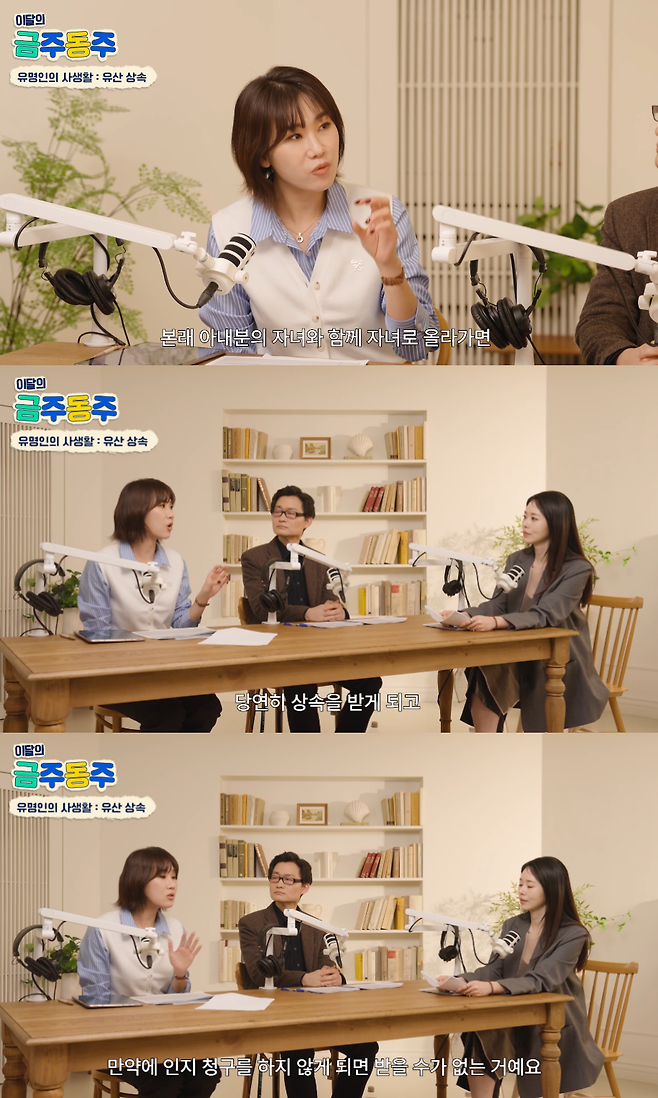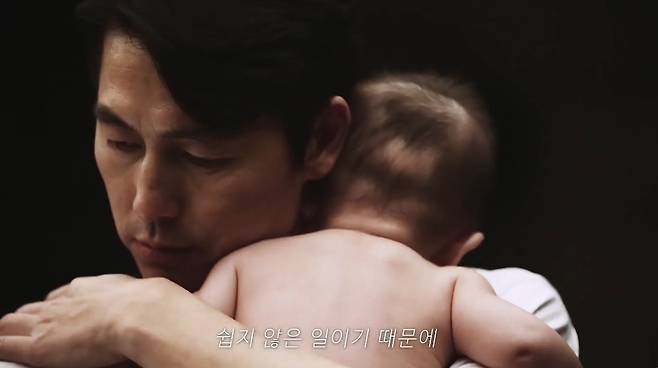Moon Ga-bi’s Child and Jung Woo-sung’s Inheritance: Could Inheritance Be Inevitable?

On March 14, the YouTube channel View port released a video titled “How Much Right Does the Public Have to Know About Celebrities’ Private Lives? | This Month’s Geum Ju-Dong Ju” The discussion featured legal professionals and cultural critics analyzing the implications of Jung Woo-sung and Moon Ga-bi’s child in the context of inheritance laws and societal perceptions.

During the discussion, attorney Yang Na-rae, an expert in family and divorce law, explained the legal aspects of inheritance for children born outside of marriage. She stated, “It’s natural for people to be interested in this issue because it’s a realistic concern. In a typical family, a child inheriting from their parents is an expected process. However, due to the negative perception surrounding the term ‘illegitimate child,’ some people question whether they should have inheritance rights at all.”
Yang clarified that, under South Korean law, children born outside of marriage have the same inheritance rights as children born to legally married couples. However, there is a legal process that must be followed to secure these rights. She explained, “For an illegitimate child to gain the status of an heir, they must go through a process called ‘recognition,’ which legally registers them as the parent’s child. Without this recognition, they cannot claim inheritance rights. However, there is a high probability that this recognition process will take place.”

She further elaborated on how inheritance is divided in cases where there are multiple heirs. “Even if Jung Woo-sung were to marry and have another child, the inheritance rights remain equal. However, under Korean law, a spouse receives 1.5 shares of the inheritance, while each child receives 1 share. The fact that a child is illegitimate does not reduce their share in any way.”
The conversation then shifted to broader cultural perceptions of illegitimacy and non-traditional family structures. Attorney Seo Dong-joo offered a comparative perspective, noting that Western societies have a more accepting view of cohabitation and children born outside of marriage. “In many Western countries, cohabitation is very common. Couples often live together first, consider whether they want to spend their lives together, and only then decide to marry. In that process, it’s not unusual for children to be born and raised outside of marriage. However, in many East Asian cultures, this concept is still difficult to accept.”

Cultural critic Ha Jae-geun added that the contrast between Western and Korean perspectives is significant, with OECD statistics showing that over 40% of children in Western nations are born out of wedlock. “In Western countries, traditional family structures are increasingly disconnected from childbirth. In fact, OECD statistics suggest that over 40% of children in Western nations are born out of wedlock. However, in Korea, childbirth and family structures remain closely intertwined.”

He continued, “When Jung Woo-sung’s controversy first emerged, the public struggled to accept it. When he mentioned providing child support, people left harsh comments like, ‘Is money all that matters?’ At the Blue Dragon Film Awards, when Jung Woo-sung appeared and his fellow actors clapped for him out of courtesy, netizens even tracked down those actors and criticized them. This level of scrutiny highlights how sensitive Korean society remains about illegitimate children, especially when it comes to celebrities’ private lives.”
Given South Korean inheritance laws, Moon Ga-bi’s child is highly likely to inherit Jung Woo-sung’s assets, provided legal recognition is established. While societal stigma toward illegitimate children persists, the law ensures that they hold the same inheritance rights as children born within marriage.



